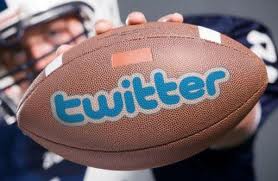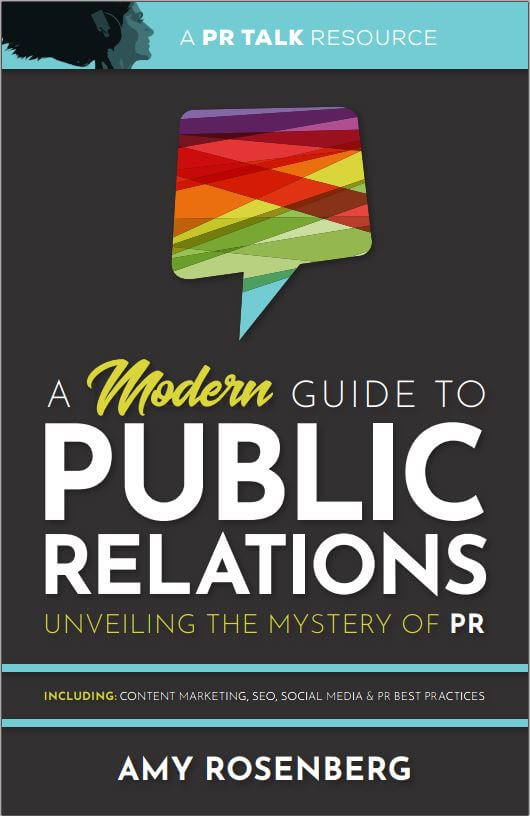A major reason I joined the “Digital Marketing World” after years of exclusively working in the “Sports Marketing World” was the lack of vision and evolution within the sports industry. Not one to accept statements like “We are doing it this way because we’ve always done it this way,” I jumped at the opportunity to not only know what tomorrow’s landscape will look like, but to also be able to shape it into where I think it should go.
As reported in The Oregonian yesterday, at this week’s SportAccord Convention, one of the largest annual gatherings for the business of sport, Nike Brand President Charlie Denson spoke about the need for the industry to be progressive “and change old models and approaches,” he said. “It’s something to think about broadly…partnering, funding models, communications…they all need to evolve.”
I truly hope the audience was listening, especially the Olympic (read: only really popular once every four years) sports that compete for a smaller piece of the pie. Good progress has been made by the major sports leagues (NFL, NBA, MLB, MLS and NHL) and the sports media are some of the most active users of the digital mediums. However, I am hard-pressed to find great examples from the less mainstream teams, leagues and governing bodies.
As marketing continues to evolve we get closer to removing the “Digital” from “Digital Marketing” and just including it the general marketing mix. It’s great to see ideas like the self-proclaimed “digital think-tank” at the Sports Marketing 2.0 group and conference…but as you dig deeper, that seems to miss the mark as well. It is refreshing to see a major convention like SportAccord proactively address this issue which I feel has held back the business of sports for years.
If you are unwilling to try something new and keep doing what you always have, you’re going to fumble.










Mike, we’ve found several teams & leagues have made the leap to embrace digital. Yes it is taking time for CEOs & CMOs to a lesser extent to rethink the business model but that is not unique to sports. The tough thing for sports is their model has been so TV focussed followed by attendance many think (incorrectly I might add) that advances in digital will erode both of those markets. We’ve found a more engaged digital fan is more likely to watch TV & more likely to attend & more likely to buy. As more digital case studies in sports are shared more people will follow the leaders like the NBA, NHL & European Football teams.
Sean, thanks for your comment. I agree that some teams and leagues have “made the leap”…and more will continue to do so, which is great. While sports is not the worst offender, it is still behind many industries, while the fan base and athletes are some of the pioneers.